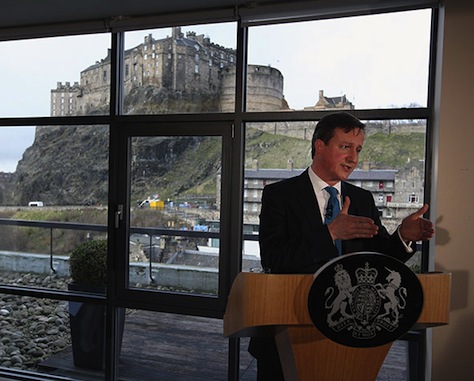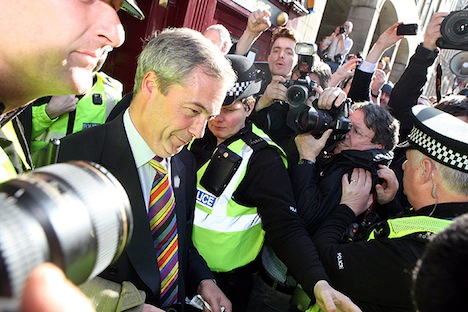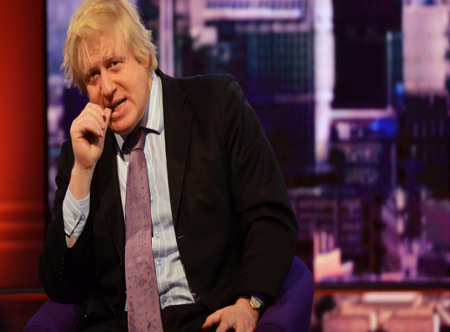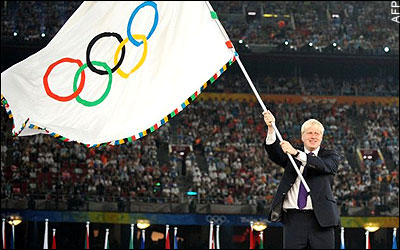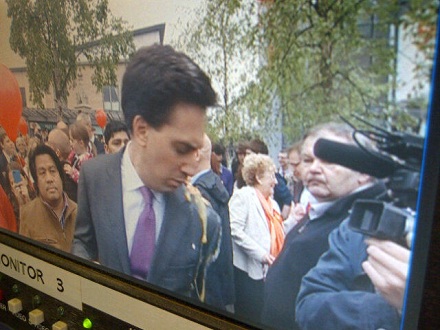It was another Conservative prime minister, Harold Macmillian, who explained in just five short words how governments can crumble with such spectacular suddenness:![]()
![]()
Events, my dear boy, events.
Today, his Tory successor, British prime minister, David Cameron faces one of the biggest events of the history of his country — the possible disintegration of the British union, as the chances of a Scottish vote in favor of independence in 10 days rise dramatically.
As polls show that the campaign has rapidly narrowed (the ‘No’ campaign had a 20-point lead just last month), and with handful of polls now showing that the ‘Yes’ campaign has taken a narrow lead just days before the September 18 referendum, Cameron now suddenly faces the prospect that he’ll be the prime minister on whose watch Great Britain simply dissolved.
* * * * *
RELATED: Why would an independent Scotland
even want to keep the pound?
* * * * *
It was Cameron, after all, who agreed with Scottish first minister Alex Salmond last year to hold a referendum, and it was Cameron who demanded a straight in/out vote — no third option for ‘devolution max’ or a federalized version of the United Kingdom.
So if Cameron loses Scotland, must Cameron go?
Victory for the independence camp would cause nearly as great a political earthquake in the rest of the United Kingdom as in Scotland. It would leave rest of the United Kingdom — England, Wales and Northern Ireland — to pick up the pieces of what was once a global superpower. All three major parties, including the center-left Labour Party and the junior coalition partner, the Liberal Democrats, fully opposed independence. So a ‘Yes’ victory would be a repudiation, from Scotland at least, of the entire political mainstream.
Cameron’s position, in particular, would be especially vulnerable as the prime minister who allowed the great British union to fall apart.
Continue reading If Scotland votes for independence, will David Cameron resign?
